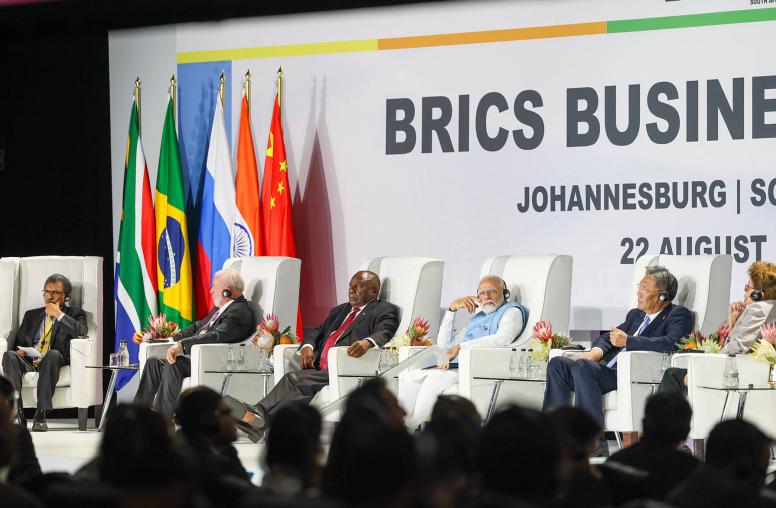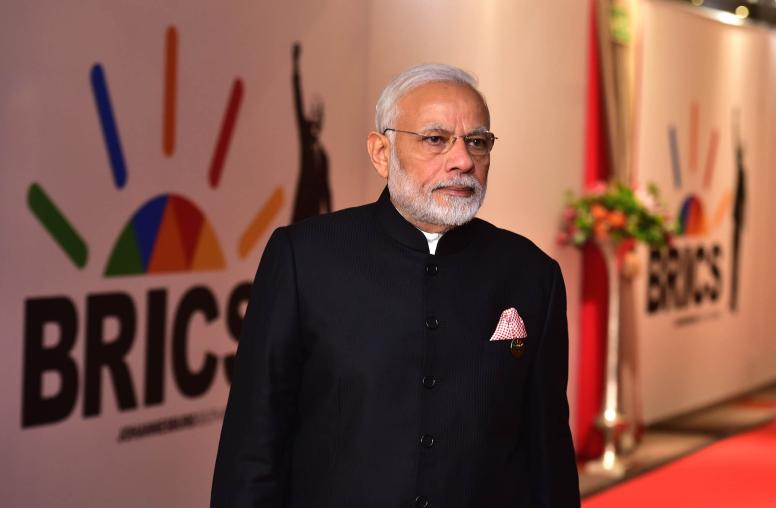Aid to Civil Society: A Movement Mindset
Supporting local agents of nonviolent change is critical to preventing violent conflict and advancing democratic development. Civic campaigns are key drivers of social and political development, as is clear from issues-focused movements in Central and Eastern Europe, Latin America, and most recently the Middle East and North Africa. Effectively aiding civic movements that are fluid, diverse, decentralized, and often loosely organized is tricky. Drawn from a review of the literature and numerous interviews with international policymakers and civil society leaders, this report explores both the ways donors engage civil society and creative new approaches to supporting nontraditional actors.
Summary
- Civic campaigns and movements are key drivers of social and political development but receive inadequate attention and support from development actors.
- External support for diffuse, decentralized, and often leaderless movements that engage in nonviolent direct action, however, is neither straightforward nor uncontroversial. It differs from support for traditional NGOs.
- Traditional NGOs are especially effective as brokers to provide information, raise awareness of rights, and push to widen democratic space within which civic campaigns and movements can emerge.
- Supporting movements requires shifts in the way donors understand and engage civil society, creative new approaches to supporting nontraditional actors, and a willingness to take calculated financial and political risk.
- A movement mindset would stress agile funding mechanisms, nonmonetary support, and development of convening spaces in which to bring movements, NGOs, and governments into contact with each other. Regional hubs for civil society currently being developed by USAID, Sida, and other donors could help advance these goals.
About the Report
This report explores, through a review of the literature and numerous interviews with U.S. and international policymakers and civil society leaders, how foreign aid can most effectively be used to support civic campaigns and movements whose goals align with international norms. It was written under the auspices of the United States Institute of Peace (USIP), which both conducts research, education, and workshops related to strategic nonviolent action and supports nontraditional civil society actors with small grants in South and Central Asia, the Middle East, and Africa.
About the Authors
Maria J. Stephan, a senior USIP policy fellow, focuses on the dynamics of civil resistance and external support options for nonviolent movements. She previously served at the U.S. State Department, the International Center on Nonviolent Conflict, and at Georgetown and American Universities. Stephan holds doctoral and master’s degrees from the Fletcher School. Sadaf Lakhani is a social development professional with expertise in governance and private-sector development in fragile and conflict contexts. She has worked for USIP, World Bank, and United Nations Development Program, as well as NGOs. Lakhani holds a master’s degree from the University of Oxford and a PhD from Kings College, London. Nadia Naviwala, USIP’s former country representative for Pakistan, developed and piloted USIP’s Peace Innovations Fund. She previously served as Pakistan Desk Officer for USAID and a national security aide in the U.S. Senate. Naviwala holds a master’s degree in public policy from Harvard and a bachelor’s degree in foreign service from Georgetown University.



